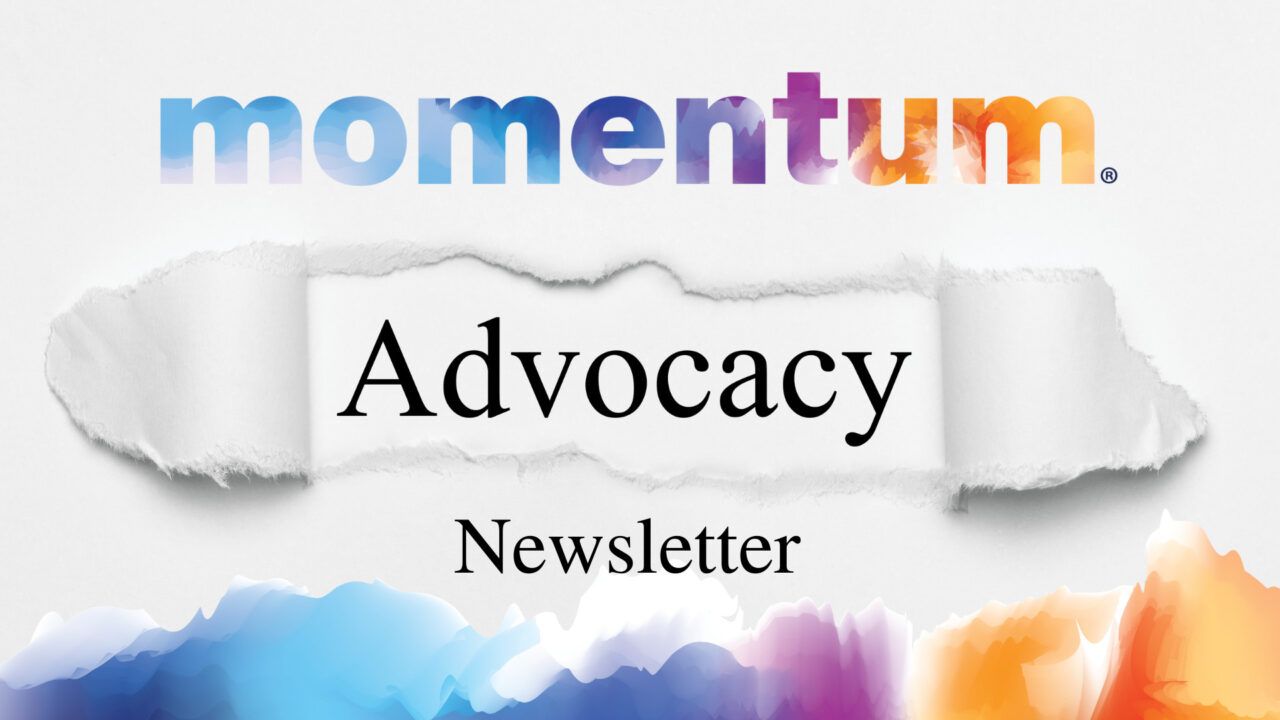|
White House Office of Public Engagement, Disabled Stakeholder Call February 17, 2022, at 11:00 am PST
All people with disabilities, their families, and advocates are invited to join Emily Voorde, the White House Liaison to Disabled Americans, for a 30-minute community update call. This call is open registration, closed to the press, and will provide updates for the disability community. Click here to register for this free call.
2022 Disability Policy Seminar, March 28–30, 2022, at the Renaissance Downtown Hotel, Washington, D.C.
Registration has opened for the 2022 Disability Policy Seminar, an annual three-day federal legislative conference. This year, the conference will be a hybrid event providing attendees with the option of participating in person in Washington, DC or online.
The conference, sponsored in part by United Cerebral Palsy, strengthens federal disability advocacy efforts by having people from across the country come to Washington, DC to receive training and updates and visit their Members of Congress. The Disability Policy Seminar promotes unity and movement building and amplifies the concerns of people with IDD before Congress. For more information on the conference and to register click here.
National Council on Disability Quarterly Meeting January 27, 2022, 9:00 am to 1:00 pm, PST via Zoom
The agenda for the National Council on Disability (NCD) meeting includes a public comment period exclusively designated for receiving information for NCDs upcoming project that examines the state of the nation’s home and community-based services (HCBS) prior to and during the COVID-19 pandemic. Click here to register for this free online event.
California Virtual Developmental Disabilities Public Policy Conference, April 26–28, 2022
The 15th annual Developmental Disabilities Public Policy Conference, “Back to Our Future,” will refocus the disability advocacy community beyond the pandemic and back to the opportunities and important decisions ahead.
The conference is presented by The Arc of California, Easterseals and United Cerebral Palsy and features nationally known speakers who have been trailblazers for promoting policies that improve the disability system — enabling people with I/DD to live inclusively in their communities.
|

